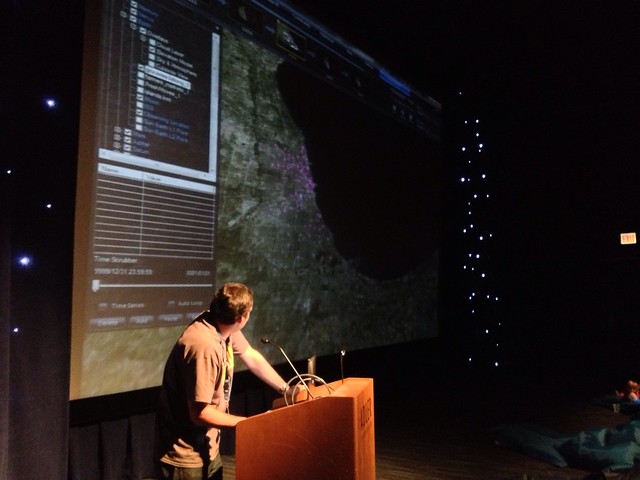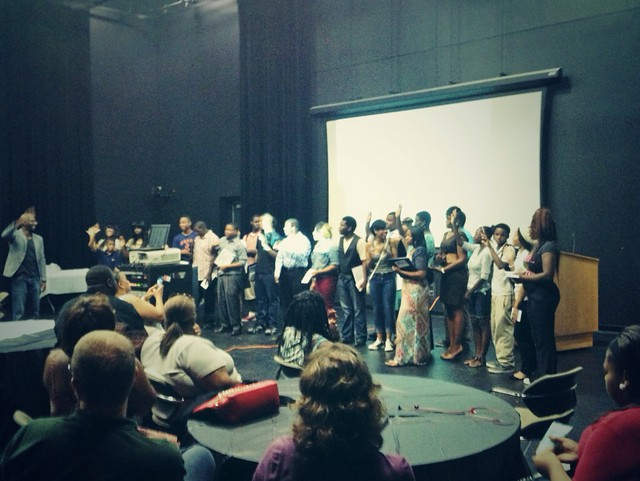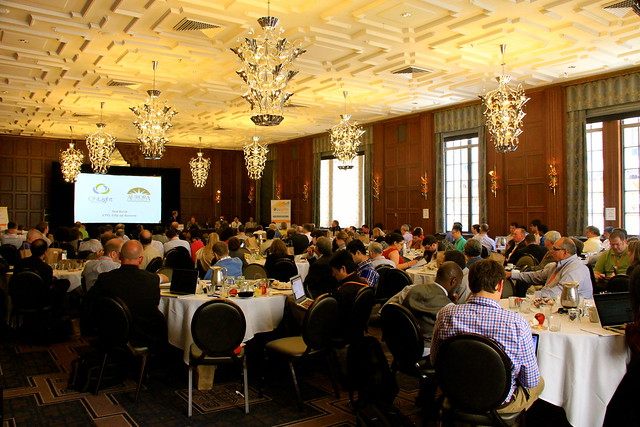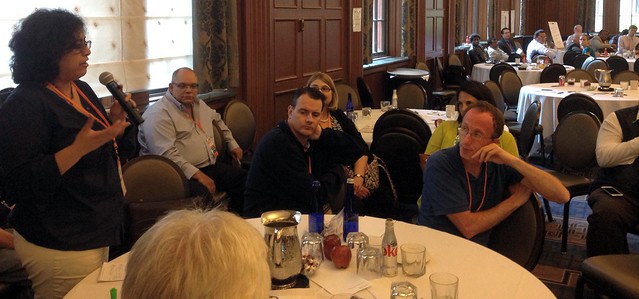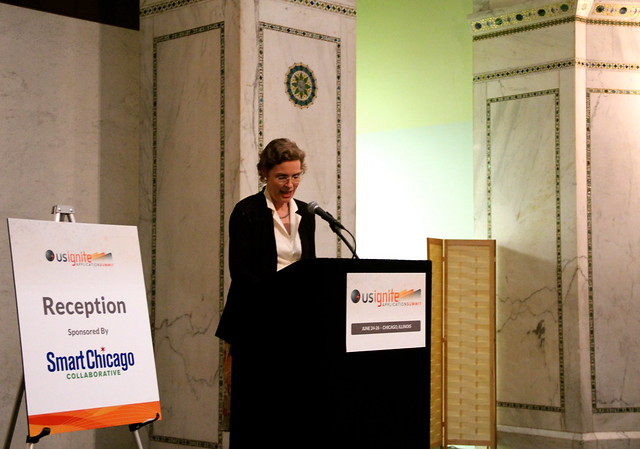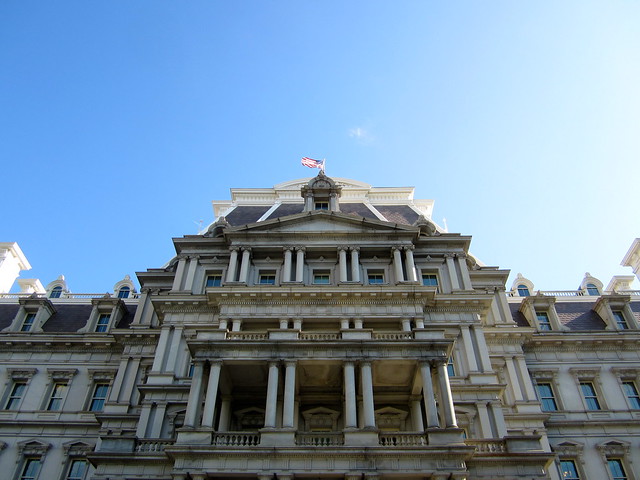 Earlier this month, Chicago Chief Technology Officer John Tolva unveiled the city’s very first technology plan. The plan was a result of a year-long process of research, brainstorming, and thinking about how to make all of Chicago competitive in the new digital economy.
Earlier this month, Chicago Chief Technology Officer John Tolva unveiled the city’s very first technology plan. The plan was a result of a year-long process of research, brainstorming, and thinking about how to make all of Chicago competitive in the new digital economy.
This plan is a comprehensive framework for growing Chicago’s technology sector , getting broadband connectivity for everyone, and ensuring that Chicago remains a leader in open government data .
The plan also highlights the work that the civic technology community has been doing in Chicago. From the weekly OpenGov Hack Nights, the Smart Communities Program, and youth STEM programs; Chicago already enjoys a strong set of technology strengths and this plan will enable the city to advance even further.
Smart Chicago Collaborative is proud to have a key role in many of these initiatives and is dedicated to implementing this plan. Here’s a look at our role in the plan and the aspects of our existing work in this context.
 The Smart Health Center
The Smart Health Center 